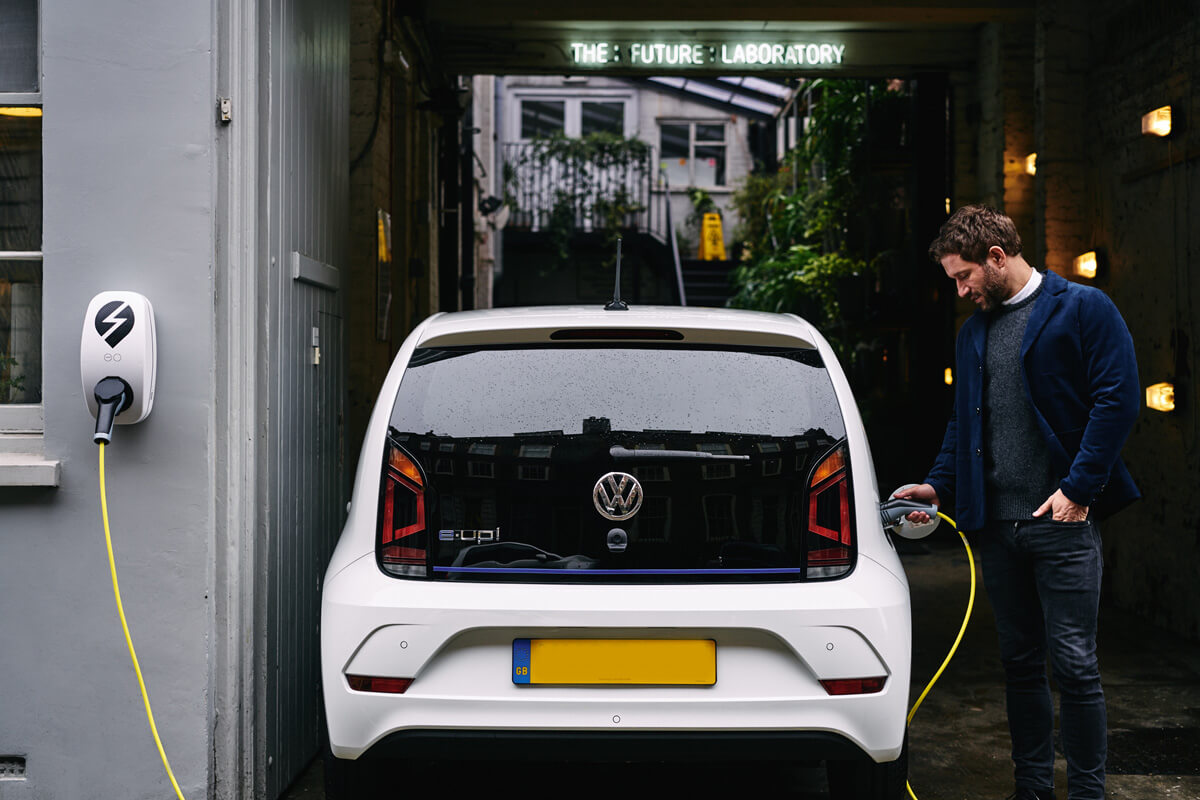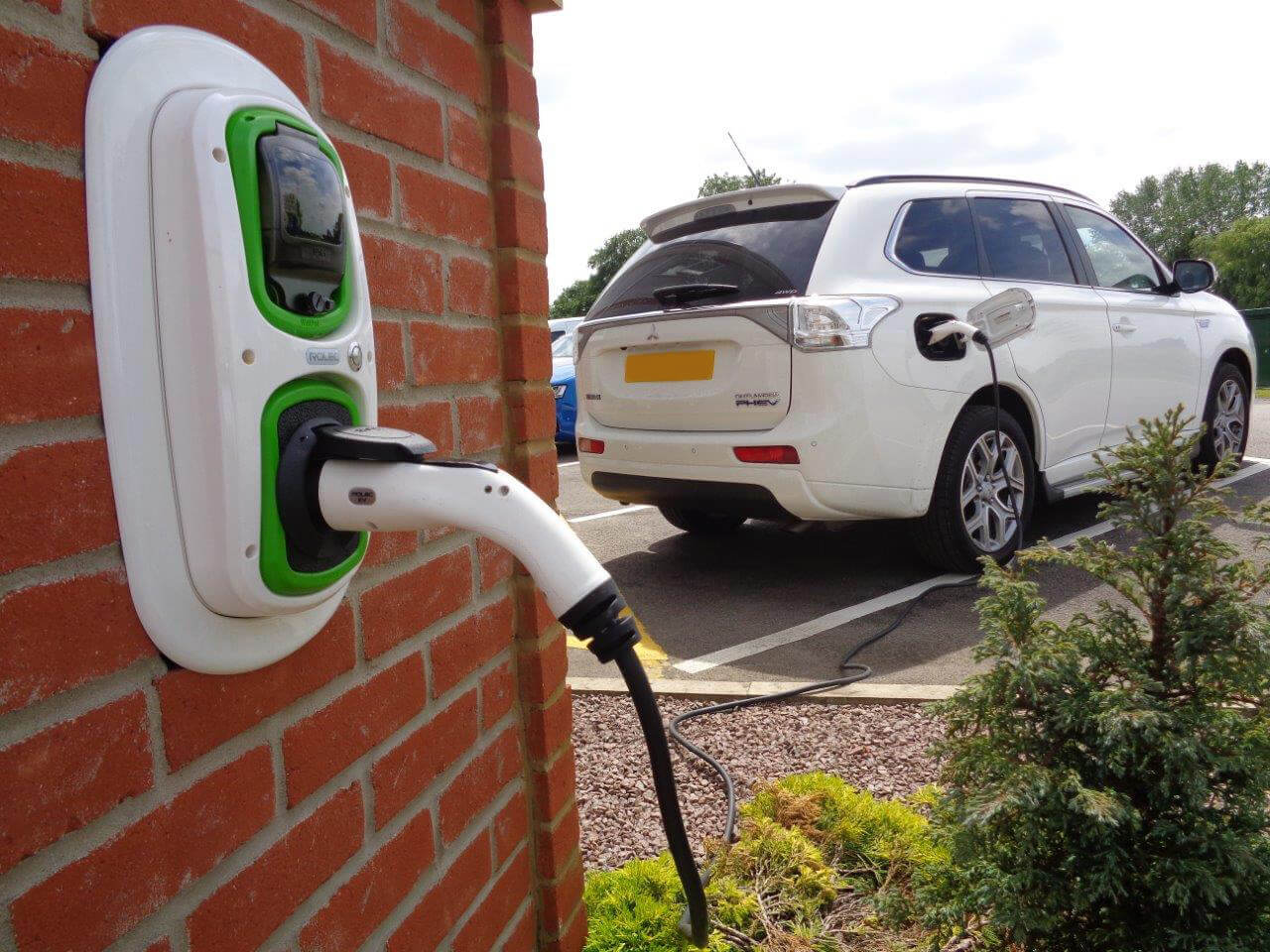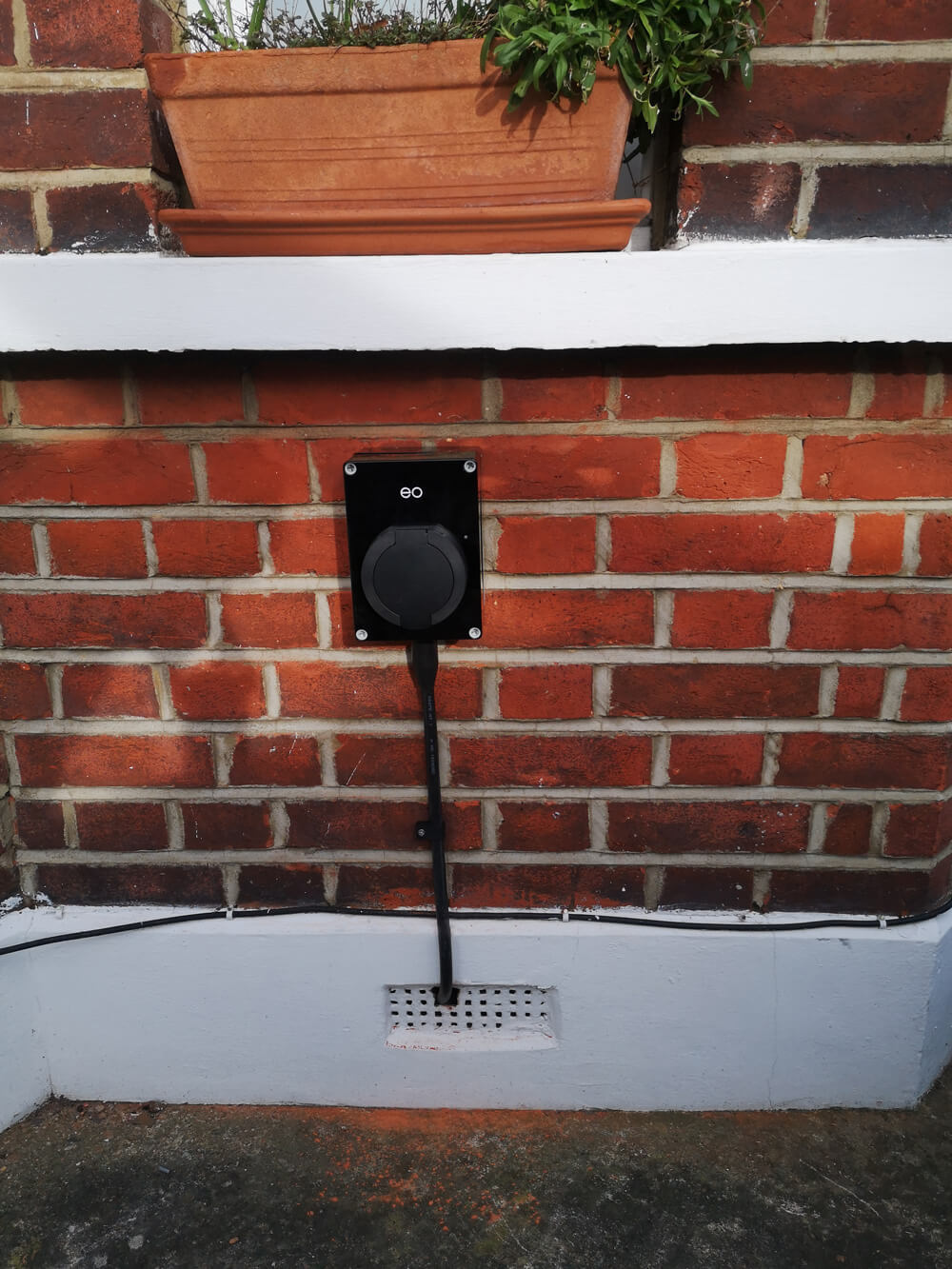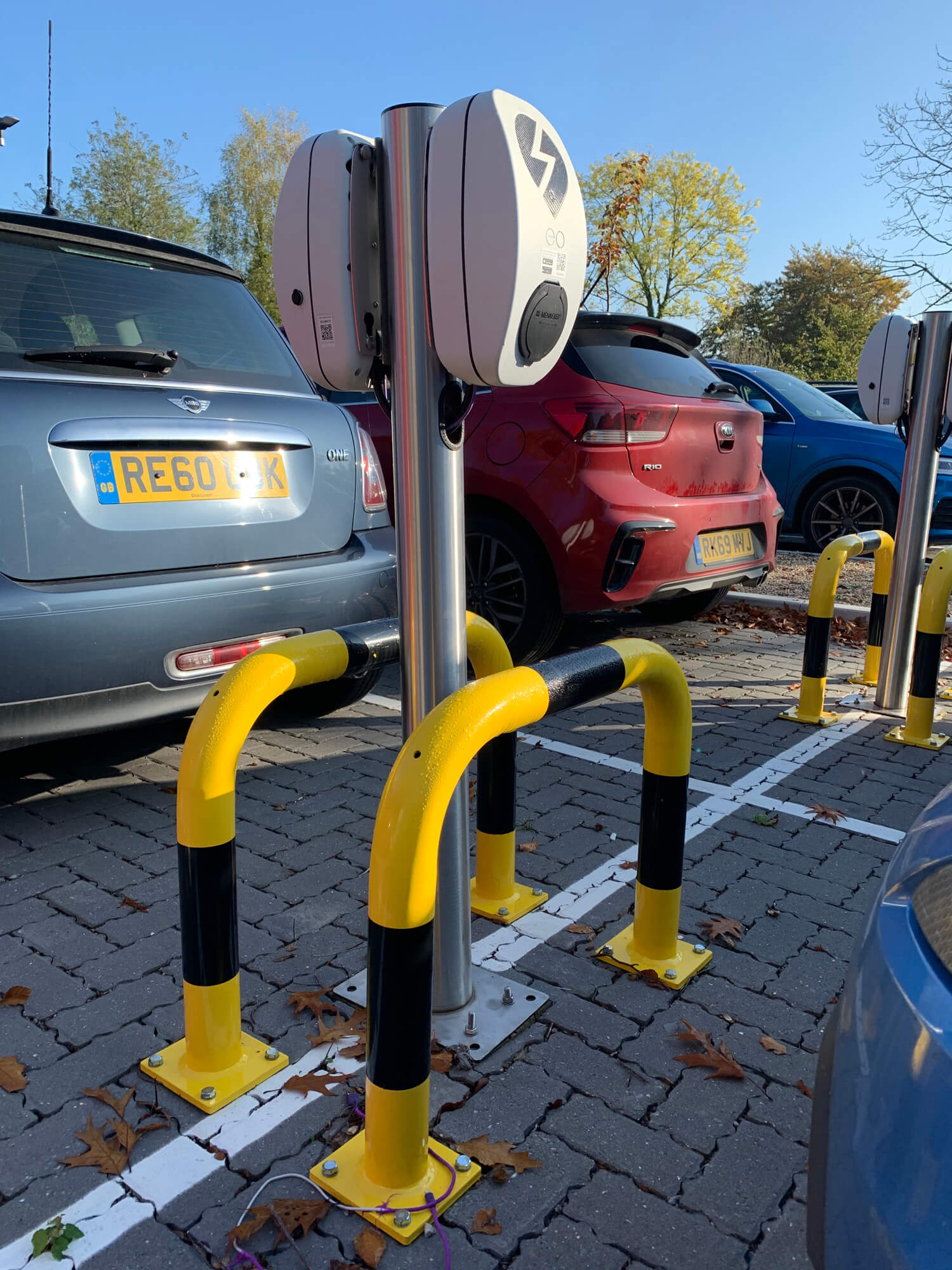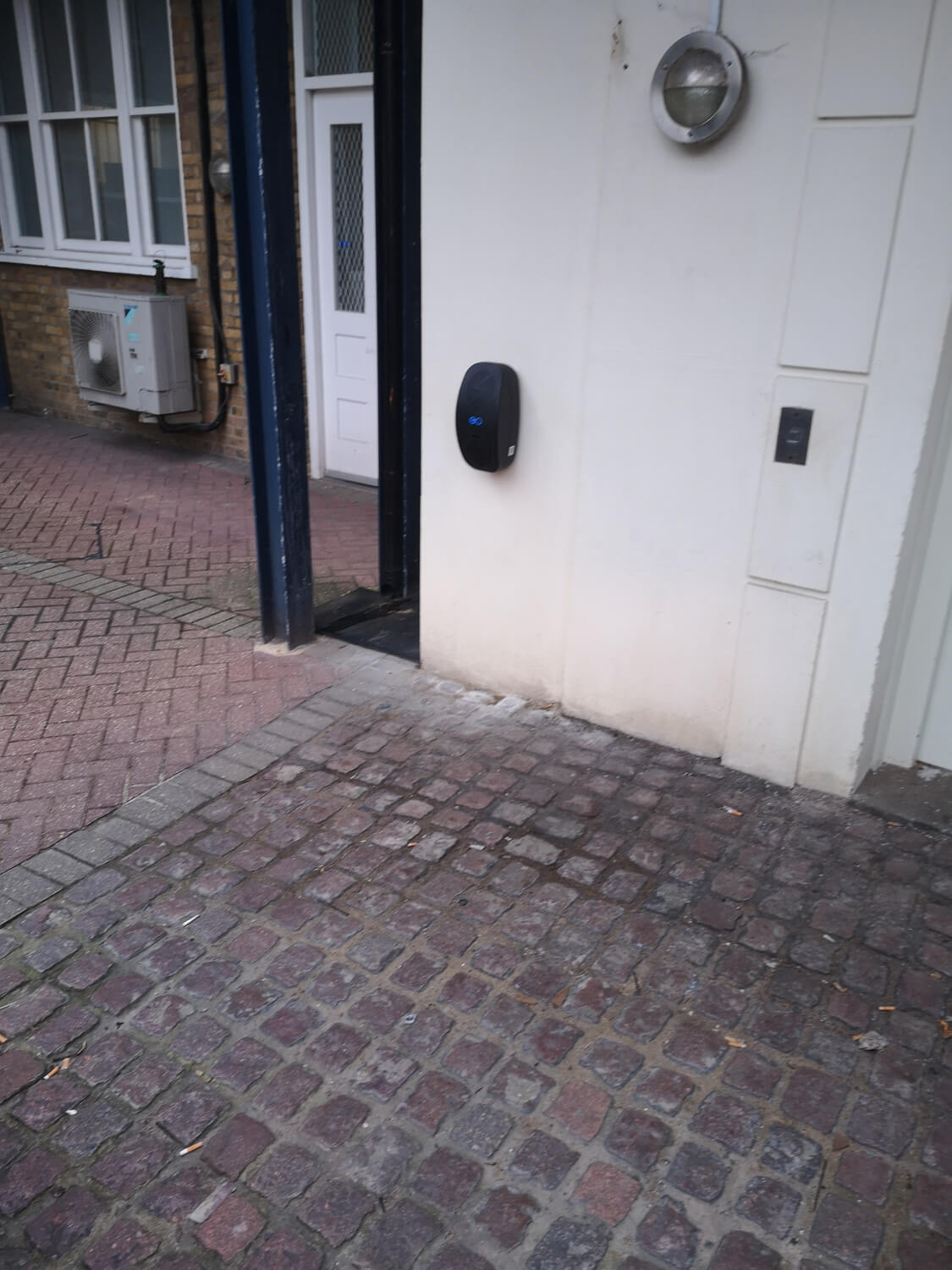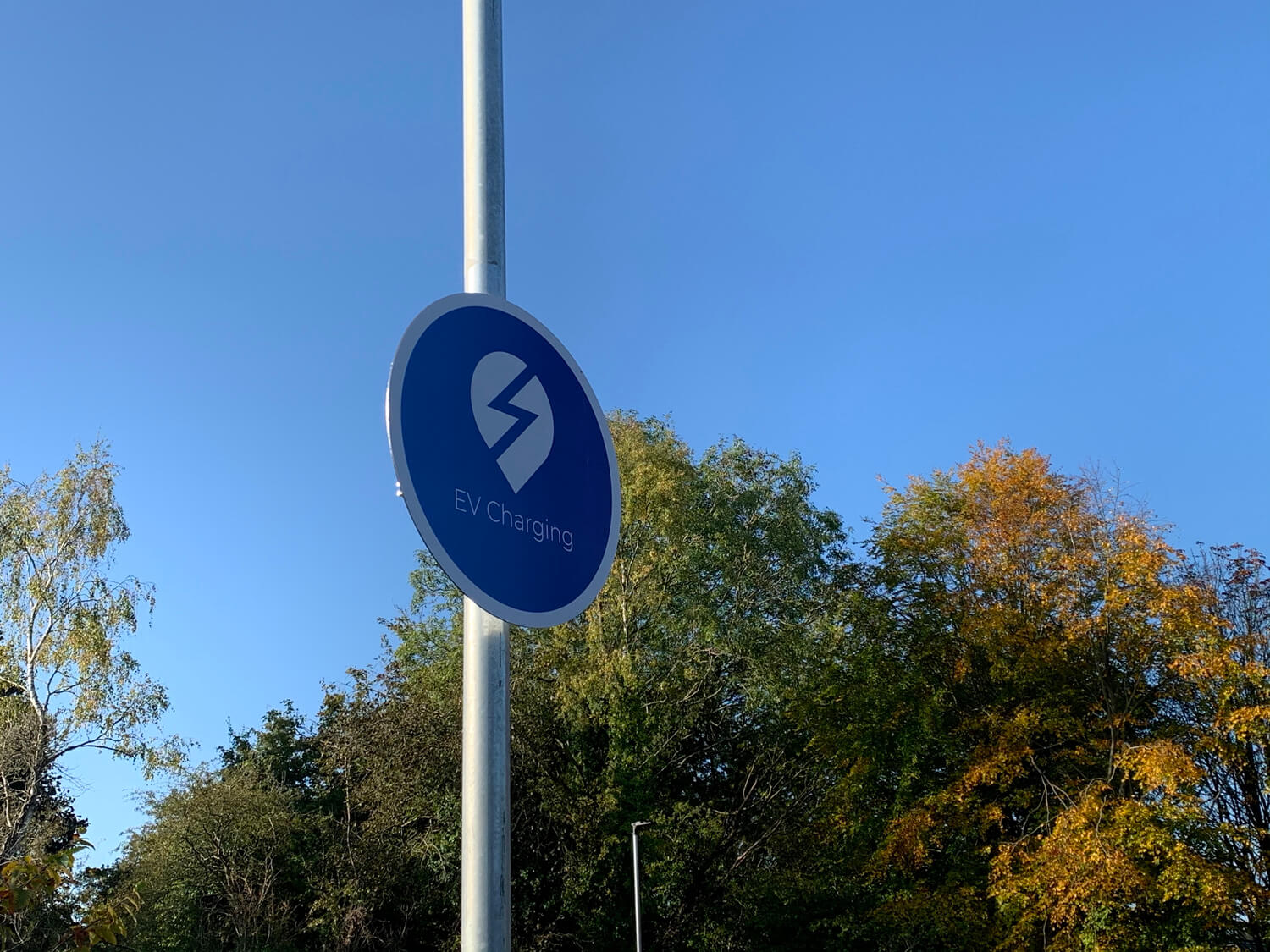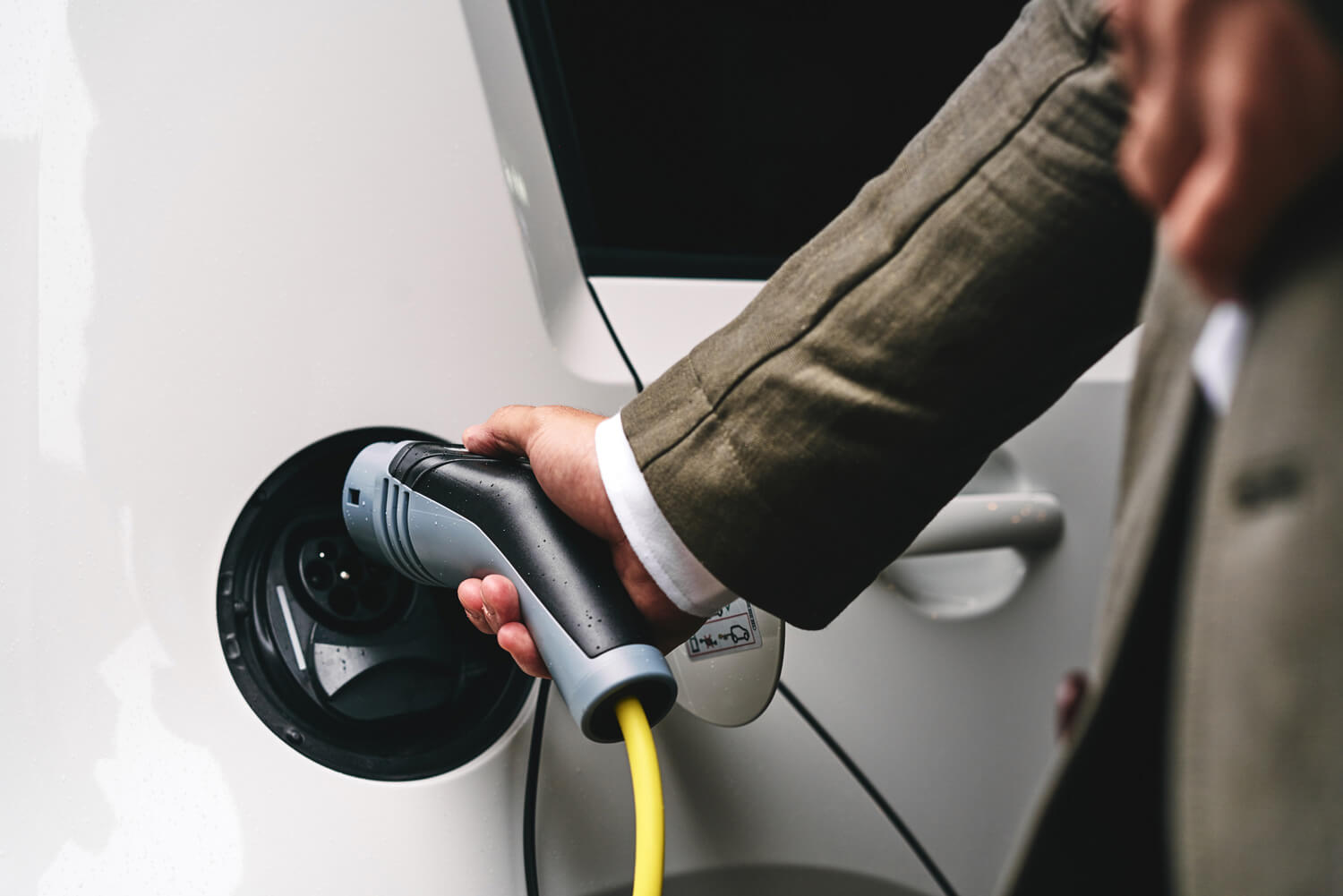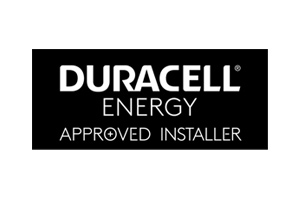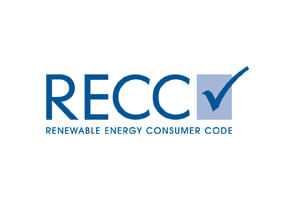EV Chargepoints
If you have a plug-in electric vehicle you will almost certainly need a charging point at your home or workplace.
You will need a drive-way or garage so that your car is not on the public highway, but if you have access to off-street parking, it is relatively simple and inexpensive to fit a suitable charging point. Indoor and outdoor versions are available.
Domestic Chargepoints
The grant covers 75% of the cost of the installation of one domestic chargepoint up to a maximum of £500 inc vat. After the grant has been claimed the total installed cost is likely to be around £420 – £620 inc vat depending on the complexity of the installation.
Commercial Chargepoints
The Workplace Charging Scheme is open to organisations that are a registered business, charity or public sector organisation, evidenced by a Companies House Reference, VAT Registration Number or HMRC Registration Letter.
It is a voucher-based scheme designed to provide eligible applicants with support towards the upfront costs of the purchase and installation of EV chargepoints. The contribution is limited to £500 for each socket up to a maximum of 20 across all sites for each application. So if you install 20 Chargepoints at your workplace a maximum grant of £10,000 towards the cost is available!
All grants are paid in arrears and have to be claimed by the authorised installer.
Taking the worst case, a Tesla Model S with the largest 90kWh battery pack, if charged from 'empty' would require 90kWh, which at a typical domestic electricity tariff of 14p/kWh will cost £12.60.
Perhaps more useful would be an assessment over time using the likely annual mileage.
A Tesla requires about 35kWh per 100 miles. So over a year where you drive 10,000 miles you would need 3,500 kWh per year – on average about 9-10kWh per day.
A smaller car, such as a Nissan Leaf requires about 28kWh per 100 miles and so would require about 2,800 kWh annually or about 7-8 kWh per day.
On a standard tariff at 14p per kWh the Tesla would cost you about £490 and If you have an Economy 7 tariff, where you are likely to pay about 7p per kWh, you will save £245.
For the smaller Nissan Leaf the annual standard tariff cost would be £392 and using Economy 7 you will save £196 each year.
Whether solar panels will provide you with cheaper charging will depend upon the 'spare capacity' of your PV system (the excess generation above your normal demand) and when the car is charged.
If you are away from home every week day and charging overnight then you will get no benefit for 5 days out of 7.
If your car is charging during the daytime, then you will get more of a benefit.
For a best-case scenario, let's assume there is a 4 kWp Solar PV system and that half of the capacity is exported, say 1,800 kWh per year. The maximum possible benefit if all of the power was used is £252 annually, but a more realistic assumption might be that half is used saving £126 each year.


